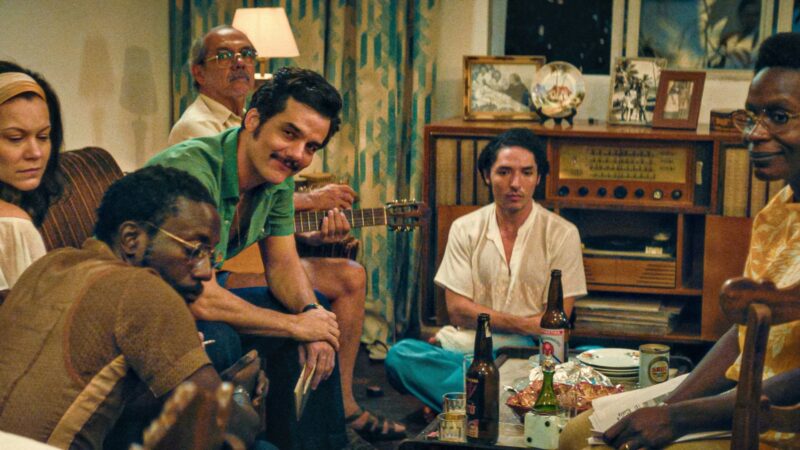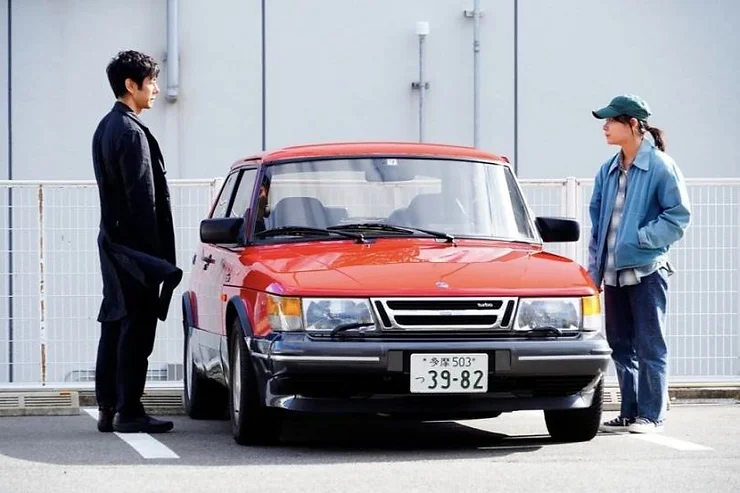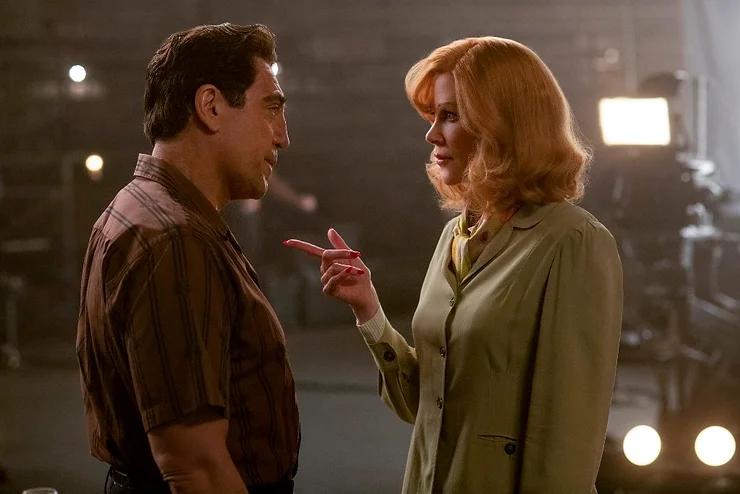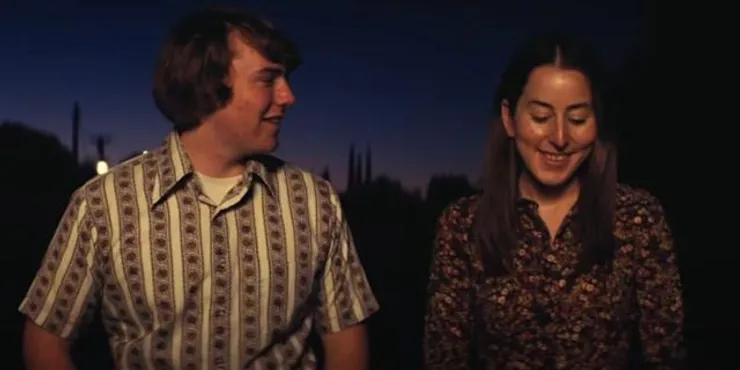The Secret Agent (Brazil, France, Germany, Netherlands, 2025)
Original title: O Agente Secreto
Director: Kleber Mendonça Filho
Screenplay: Kleber Mendonça Filho
Main cast: Wagner Moura, Maria Fernanda Cândido, Gabriel Leone, Alice Carvalho, Udo Kier, and Thomás Aquino
Running time: 158 minutes
Distributed by: Vitrine Filmes
At this point, there’s no doubt that Kleber Mendonça Filho is an excellent director. Neighboring Sounds (O Som ao Redor, 2012) demonstrated boldness, Aquarius (2016) solidified his message about a Brazil in transformation, Bacurau (2019) demonstrated good humor and mastery of the genre, and Ghost Portraits (Retratos Fantasmas, 2023) made us fall in love with both street cinemas and the story of this director steeped in cinephilia. Then, he surprises us again with The Secret Agent (O Agente Secreto), which seems to blend a bit of each of these works to create an affecting narrative about the Brazil we inherited — and how to treat it to continue being a good country in the future. And clearly, his work was so well done that it became a record-breaker for awards at the 2025 Cannes Film Festival, a reminder that Brazilian cinema is going through a spectacular moment.

With teasers and trailers that revealed very little, the film gradually unfolded presenting us Marcelo (Wagner Moura), a Brazilian citizen undergoing a process similar to witness protection, but to protect him from the Brazilian government. Set in the 1970s, during the military dictatorship, the film weaves together a patchwork of stories between Marcelo’s family members, people in positions of power, and others in similar situations, tightening the threads of a political thriller that feels like literal hand-embroidered work: only when all the knots are in place is that we understand how all the connections are made.
The first element that strikes the viewer is the director’s cinephilia, which pulsates from the screen. There’s a recurring reference to the film Jaws (1975), which was showing in Recife theaters during that Carnival, but even given the context of Marcelo’s father-in-law, Seu Alexandre (Carlos Francisco), working at the Cinema São Luiz, there are countless commentaries or short scenes from films. The cinephiliac atmosphere is reinforced by the use of this space, which we already know as the audience from his Ghost Portraits (Retratos Fantasmas, 2023). Scenes in the projection room and in the restricted spaces of the cinema only reaffirm this relationship between the director and his art.
Another element that stands out is the abundance of cultural references that are unapologetically Brazilian, or even more regional to Recife. Of course, these add layers of meaning to the film, such as the folklore tale of Perna Cabeluda (Hairy Leg) and the nostalgia for the police investigative pages in newspapers, that were barred from conducting major investigations during the Military Dictatorship. But even a highly regional figure like La Ursa (The Ladybear), who appears at the beginning of the film, is brought back in nightmarish scenes, allowing even those unfamiliar with the myth to at least understand the context.
Something similar happens with the colors used in the film, something the director even mentioned in his post-festival talk. When asked about that specific palette, he recalls that in a less globalized world, even the possibilities for colors, fabrics, and prints were very different. His choices were actually based on historical research presented by the art department. And this research is so well done that we are completely transported to that historical place and moment, with all the period elements in their exact place.
Since nothing is placed on screen by chance, the film doesn’t use the past to tell a cautionary tale or simply as a way to depict the horrors that occurred during the dictatorship. On the contrary, most of the horrors are off-screen, with the moments shown to the audience being those in which people sought out their fellow human beings to create networks of support and affection. Given the director’s political awareness, this clearly doesn’t mean something light and easy, but rather the focus on what people did to help and protect themselves. It’s even worth noting the character of Sebastiana (Tânia Maria), used both as an emotional center and a humorous break in the script with unusual charisma.
Thus, the film arrives at a good time to avoid Cazuza’s words, who sang that he saw “the future repeating the past”, and in its reflection on our origins — which takes place in a week in which, for the first time, a threat to Brazilian democracy is being punished judicially — making it hard not to feel a sense of optimism.




